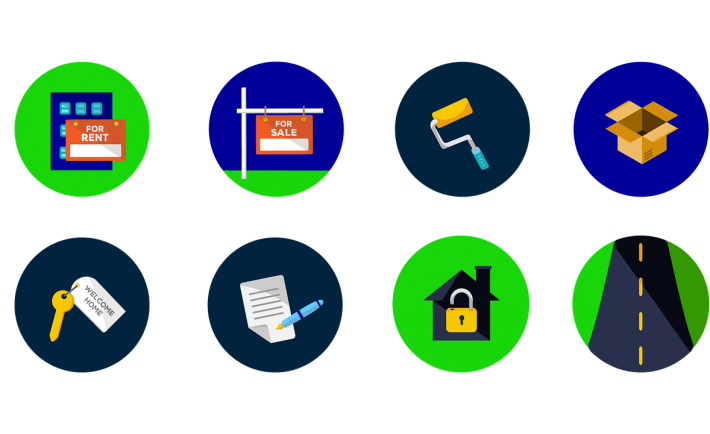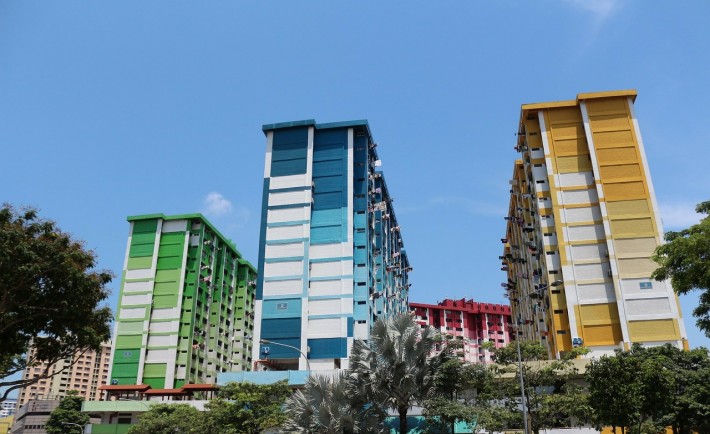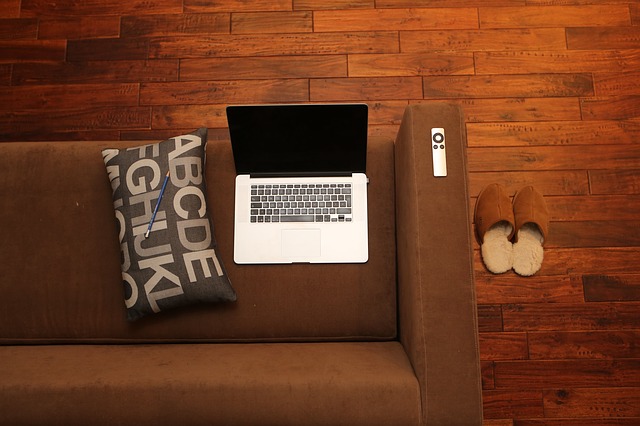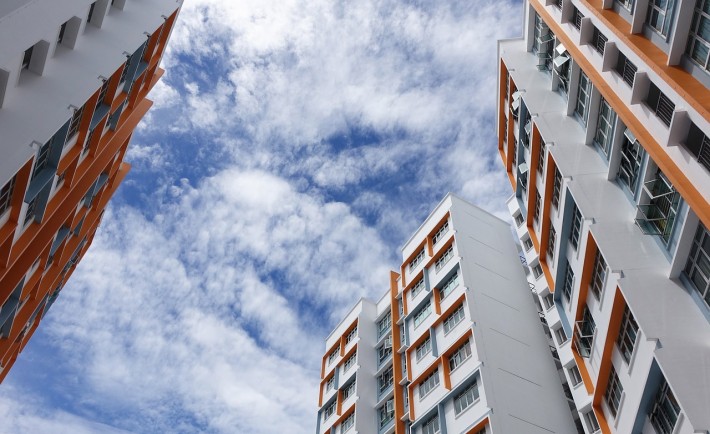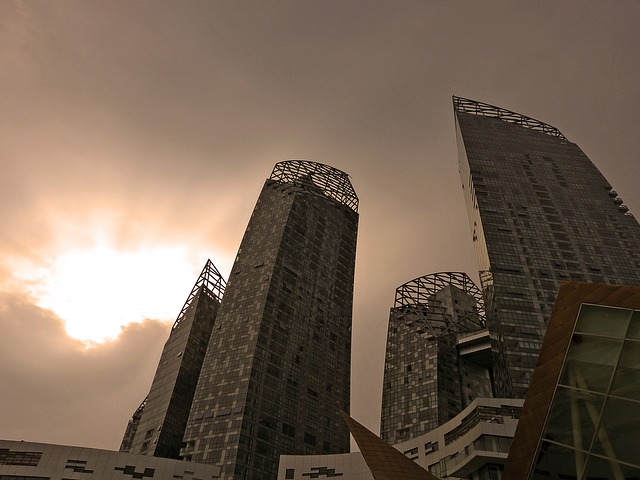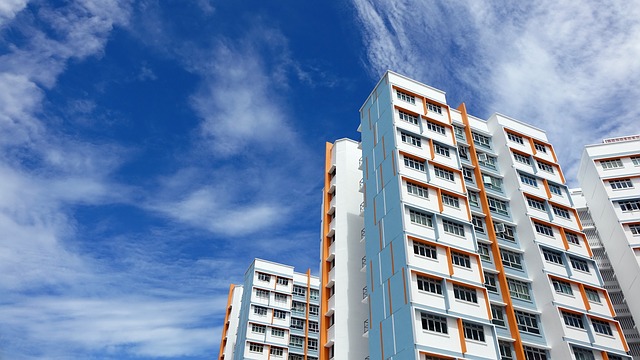You can sell your property in a faster pace by combining strategy with a little dedication. Consider these tips:
SET AN ATTRACTIVE STAGE
There is something that you cannot deny. We all heard the saying: “You never get a second chance to make a first impression”. The essence of this statement is clear. The second and succeeding impressions are not as pervasive as the first! Most people dwell on the first meetings or interviews to create consistency. It is up to you to make a stellar introduction of your home.
Home staging is the process of transforming your property into an appealing “show flat” before listing it on the market. It is important when there is a surplus of properties in a relatively slow market. Begin by making minor tweaks such as adding flowers in the living room or by making major tweaks such as re-painting the entire flat. Doing these things will help increase the perceived value of your property.
If you have a shortage of creative juices, consider hiring companies that offer Home Staging Services such as the Singapore Furniture Rental. Singapore Furniture Rental usually accessorizes the flats with neutral colors as it can attract the highest number of potential buyers or tenants.
MARK THE RIGHT PRICE
It is no secret that sellers typically underrate or overrate their beloved properties. Swaying in either of the two directions can lead to losing a significant amount of money. Let us start by dictating an elevated price point. Quoting too high can discourage the buyers from grabbing your offers.
Let us focus on the other side of the coin. Singaporean buyers are becoming more prudent. So, a low price point is immensely attractive. However, you are at risk of earning almost nothing as you need to cover fixed and unforeseen fees.
It is difficult to get the price right without sufficient resources. Widen your knowledge by browsing through the local property websites. Renowned sites include Asia’s premier iProperty and SPH’s very own Singapore Real Estate Exchange. After your digging online, gather information from a couple of experienced agents. You have to hire one that could easily give the reasonable price for your property.
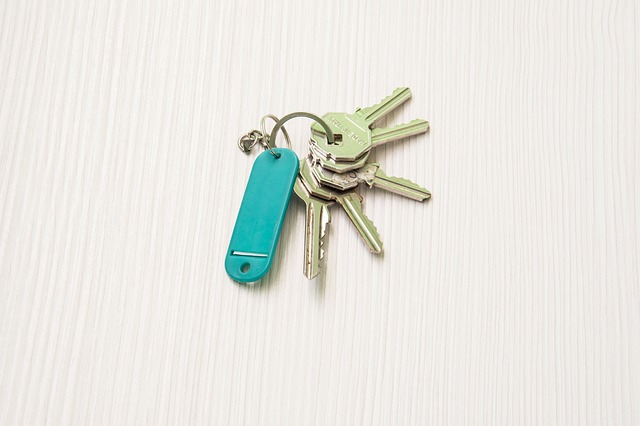
Image Credits: pixabay.com
DEPERSONALIZE AND DECLUTTER
Imagine tagging your spouse along with you for nest hunting. You came across a decent flat at Yishun. During the open house, you were greeted by colorful walls filled with wedding pictures. It does not stop there. The bedroom is garnished with baby photos. Yes! Everything is adorable. However, it highlighted the “real” owners of the home. It was hard for you to focus on the other features of your potential home.
Do you see why depersonalization plays a crucial part to sales? Take down the family photos, political ornaments, religious items, and other personal materials. The prospective buyers need to picture their lives in the home…not yours!
Remove excess furniture and rubbish while you are it. The fewer things there are, the larger the space will look. Aim for that.
SHOWCASE IT ONLINE
How can people know more about your property if you do not publicize it? Make it easy for potential buyers to view your wonderful home by becoming more flexible with your schedule. Let people visit in different times of the day. Furthermore, you may consider making an online listing.
It is safe to say that when you are selling your home beyond 2017, a significant fraction of the target market will be Millennials. Take advantage of technology as Millennials fall between ages 18 to 35. List your property on social portals like Facebook and Carousell. Or, you may list it directly on property websites such as propertyguru.com.sg and 99.co.
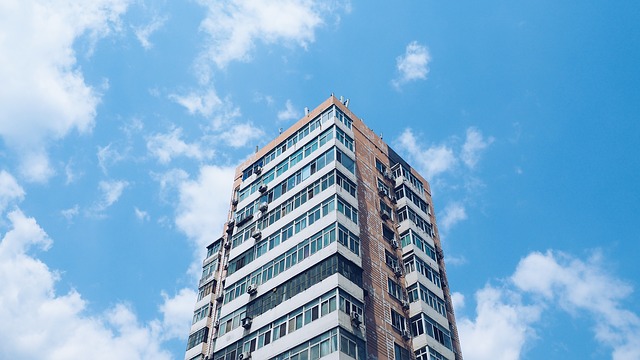
Image Credits: pixabay.com
Remember to attach high quality photographs to boost your chances!

